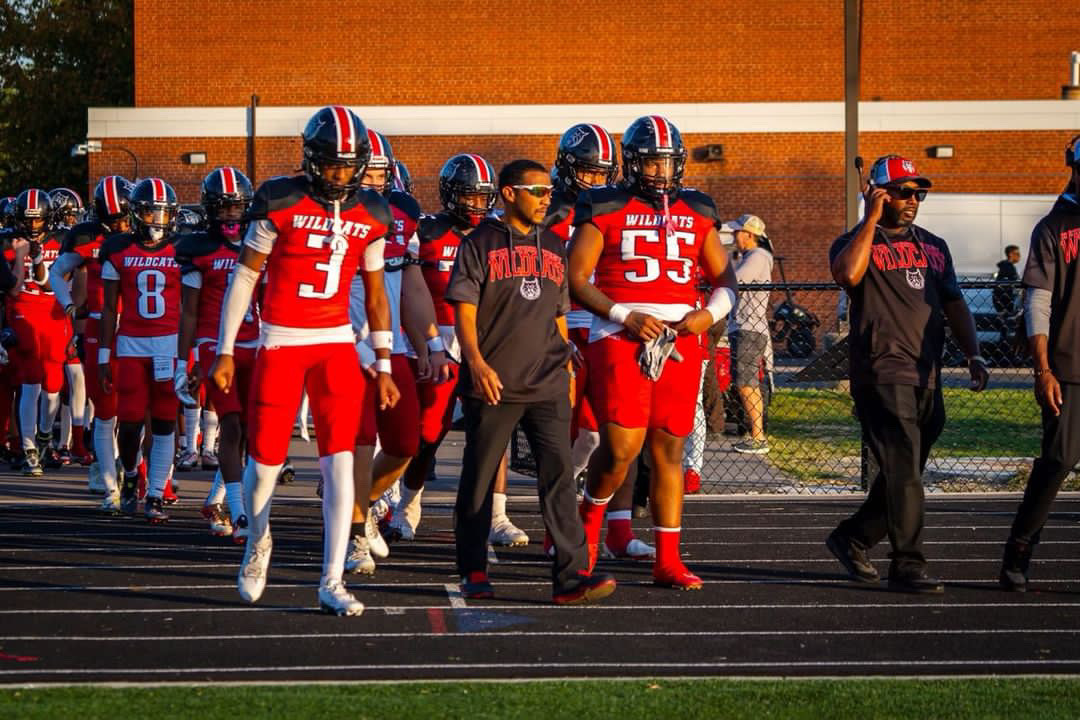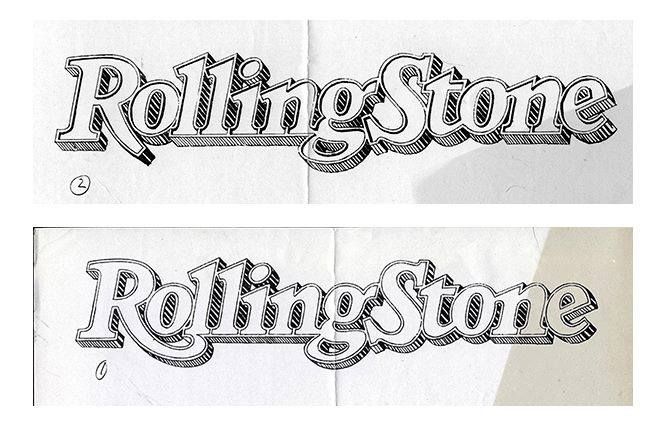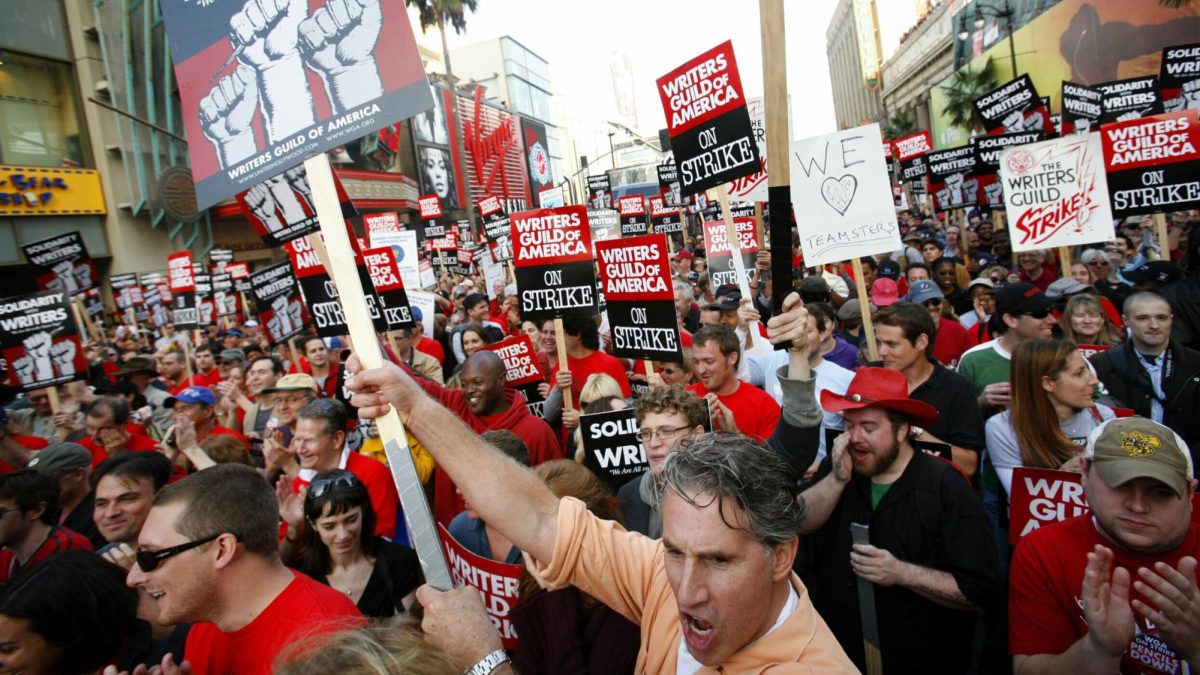As of May 2, 2024 it will mark the one-year anniversary of the infamous writer’s strike that happened and sent all production to a halt in all major filming areas. Although it’s been a year It’s important to know that the writers went on strike for five months due to unfair working conditions and wages.
The Writers Guild of America (WGA) is a union for writers and every three years they negotiate minimum wages for film and TV writers with major studios. On May 1, 2023 the president and committee co-chairs went into the negotiation room with several proposals some of which being guaranteed weeks of employment, restricted use of artificial intelligence (AI) in the writer’s room, and viewer ship-based residuals (residuals are the compensation of the work after being reused)
During negotiations wages were one of the primary concerns. Many of the writers were struggling to live on the minimum wages the studios set. Regardless of the industry’s profitability, these writers are being left financially unstable needing to live in expensive cities needing to be close to their job. Especially with streaming being so big they get paid even less than what they normally would with live television.
An example of their pay: Based on how they calculated residual in 2017 and 2020
Let’s say we calculated a one-hour episode from Netflix we would take:
- $25, 663 x 150% x 35%= $13,473 and for international reuse it would be multiplied by 35% adding another $4,715 that’s roughly 18,000 in one year.
Working conditions became a concern for writers. During negotiations the WGA voiced concerns over heavy schedules and relentless deadlines. Many writers reported working long hours without breaks, causing exhaustion and burnout. The demand for guaranteed weeks of employment aimed to address these concerns and provide writers with better stability in their careers.
The use of AI in the industry became a problem with the writers. While AI technology has the potential to streamline certain aspects of the writing process, writers worried that if these companies claimed that the AI generated work was independent source material they wouldn’t be paid for the work they have done. Restrictions on the use of AI in the writer’s room aimed to secure the artistry and integrity of storytelling, preserving the voice of human writers.
The impact of the writer’s strike goes beyond the writer and actors but it has affected the larger community surrounding it. With the production of so many projects being paused, thousands of jobs were lost, affecting things like actors, catering companies, set designers and all the people that help create the tv shows that we see on our screens every day.
“Well, of course we didn’t know how long it would take, and people certainly suffered — and not just writers but anyone who works in this industry. It’s been ravaged. This strike was way too long, because the companies took so long to get serious.” WGA President Meredith Stiehm said.
As the one-year anniversary of the writer’s strike approaches, its impact gives a reminder of the power that is held when coming together for an important cause. The WGA in the end was able to come to an agreement with major studios and it highlighted all the important issues needed to ensure a more just future for all involved.





























